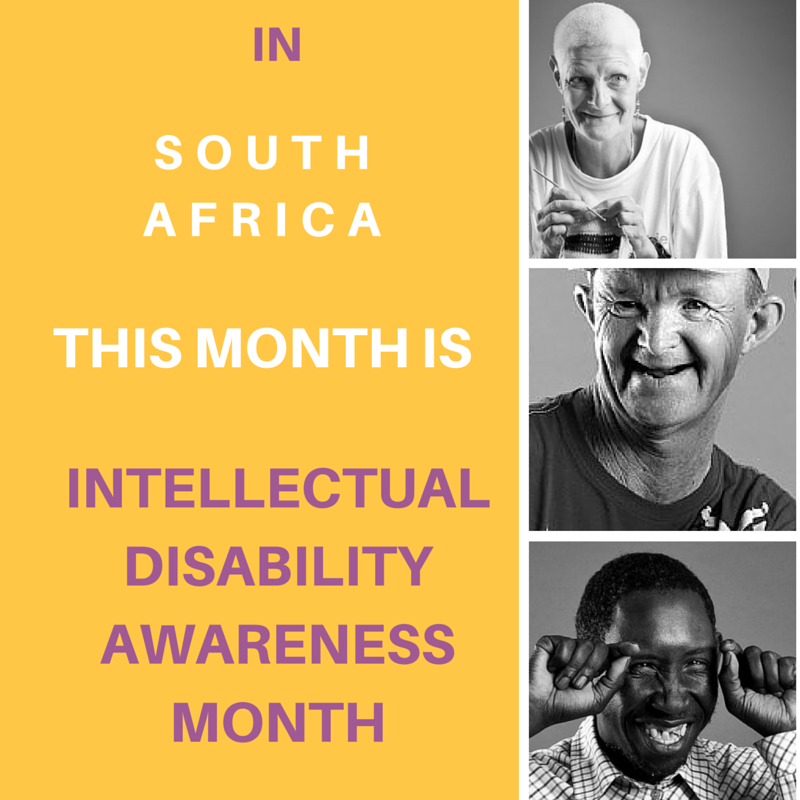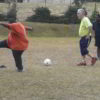In South Africa, March is nationally recognised as Intellectual Disability Awareness Month. Four in every hundred people in South Africa are affected by intellectual disability. The Cape Mental Health Society says, “People respond very differently to the words ‘intellectual disability’, with many people regarding it as a curse or a tragedy, while others are confused about what is means and what the causes are”.
What is intellectual disability?
Intellectual disability refers to a disability that limits a person’s cognitive functioning and learning, including communication, social and self-care skills. Intellectual disability is usually diagnosed before the age of 18 and is a lifelong disability.
What causes intellectual disability?
Intellectual disability can affect anyone: any mother can give birth to a baby with intellectual disability, or any person could have a brain injury as a result of an accident or illness.
Some causes of intellectual disability, such as Down syndrome, can happen before birth. Some happen while a baby is being born or soon after birth. Other causes of intellectual disability do not occur until a child is older; these might include severe head injury or infections.
Is intellectual disability contagious?
Intellectual disability is not contagious: you can’t catch an intellectual disability from anyone else. It is also not a type of mental illness, like depression. There are no cures for intellectual disability. However, people with intellectual disabilities can learn to do many things. They may just need take more time or learn differently than others.
We love this movie made by Mencap, who asked people with a learning disability and their families what learning disability means to them. Click here to see the movie
Facts and Figures
4% of South African’s have an intellectual disability, which is significantly more than the developed world. The United Nations development programme estimates that 80% of people with disabilities live in low-income countries. While people with disabilities represent 1 in 10 people worldwide, they are one in every five of the world’s poorest people.




